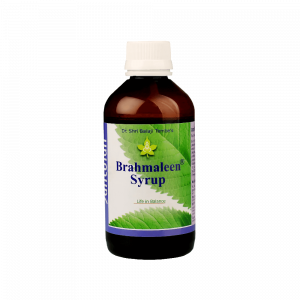

Some might develop a chronic cough, wheezing, hoarse voice, or recurrent pneumonia. These children might not gain weight well, or might cry and cry from discomfort. The acid can also be inhaled into the lungs, irritating their sensitive linings. In some babies, though, the acid makes the lining of the esophagus tender, red, and swollen. In otherwise healthy, happy babies who are growing well, the spit-up is mostly milk, rather than stomach acid, and nothing needs to be done (except a lot of laundry!). Since the sphincter at the top of the stomach is often loose, many babies spit up milk out of their mouths or noses.


This sloshing is called gastroesophageal reflux.īabyhood is a time of spit-upping. If you’ve ever experienced heartburn or acid indigestion, you are familiar with the dull, burning ache produced when acid sloshes up out of the stomach into the esophagus. But first a few words about reflux itself. I’ll answer your question about side effects, discuss other treatment options, and address the important issue of using drugs that have not been approved by the FDA for children. The other was recalled, after being found to be dangerous. Later research led to one of one of them gaining approval after being shown to be safe and effective. At the time of your question, Propulsid and Zantac were two of the most commonly used prescriptions for babies with gastroesophageal reflux – even though neither of them had been approved for this use by the FDA.


 0 kommentar(er)
0 kommentar(er)
